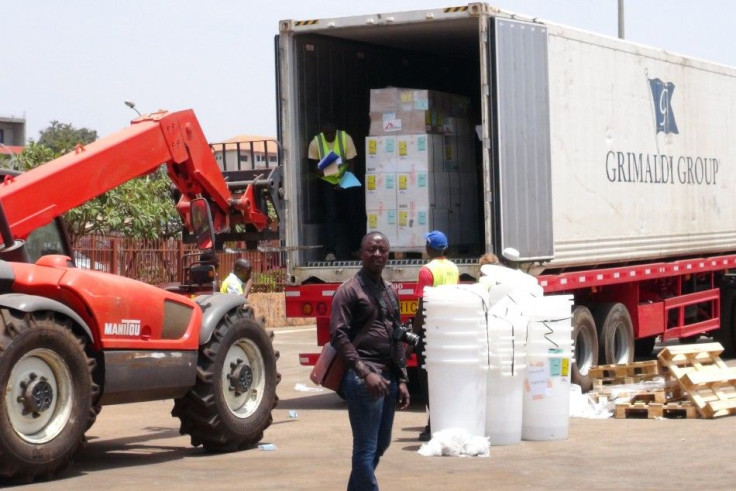Ebola Update: Canada to Donate 1,000 Experimental Vaccine Doses VSV-EBOV to WHO

Some 800 - 1,000 doses of an experimental vaccine will be donated by Canada to the World Health Organisation (WHO) to help curb the maddening spread of the Ebola virus in the African region.
Rona Ambrose, Federal Health Minister, said the made-in-Canada experimental Ebola vaccine VSV-EBOV has never been tested in humans but has shown promise in animal trials.
"Canada feels this experimental vaccine is a global resource, so in response we are sharing it with the international community, while keeping a small supply in Canada," Ambrose said.
The experimental Ebola vaccine was developed by the Public Health Agency of Canada.
The final number of doses provided will be based on the amount required for applied research and clinical trials. Canada will also keep a small supply of the experimental vaccine in the unlikely event it is needed for compassionate use in Canada.
Ambrose likewise said Canada will be providing an additional $185,000 to the WHO to support infection prevention and control, enhanced surveillance and outbreak response capacity in the affected region.
Canada has so far $5,195,000 in support of humanitarian, security and public health interventions to address the spread of the Ebola virus in West Africa.
The 2014 Ebola outbreak is so far the world's largest and deadliest. It has killed 1,013, majority of which came from Guinea, Liberia and Sierra Leone.
Dr. Greg Taylor, deputy chief public health officer of the Public Health Agency of Canada told Reuters the first doses would likely be made available to health care workers in Africa.
"You really don't know how safe it is, you don't know what the side effects are going to be. But in this extraordinary circumstance in Africa right now, we're trying to do everything we can to assist."
Ten doses of the vaccine, meantime, were sent to a Geneva hospital, as per request of WHO and the relief agency Medecins Sans Frontières (Doctors Without Borders).
Those doses will be maintained as an emergency supply just in case one of their response workers become infected, Taylor said.





















